Jane Austen on Imperfections and Sending Your Stories into the World
I am traveling and have a number of other deadlines over the next few weeks, so instead of a regular Jane Austen Writing Lesson, I will instead offer several thoughts on writing, inspired by two of Jane Austen’s letters.
Pride and Prejudice was published on January 28, 1813, and on the 29th Jane wrote a letter to her sister Cassandra, telling her that she had received a copy of her book:
I want to tell you that I have got my own darling child from London.
This book was her “darling child,” and she immediately began reading it aloud to a friend, a Miss B. who had dined with them.
She really does seem to admire Elizabeth. I must confess that I think her as delightful a creature as ever appeared in print, and how I shall be able to tolerate those who do not like her at least, I do not know.
Like Austen, I am completely unable to tolerate people who dislike Elizabeth Bennet.
I really like what Austen writes next, about errors or shortfalls in her work:
There are a few typical errors; and a “said he,” or a “said she,” would sometimes make the dialogue more immediately clear; but “I do not write for such dull elves” as have not a great deal of ingenuity themselves. The second volume is shorter than I could wish, but the difference is not so much in reality as in look, there being a larger proportion of narrative in that part. I have lop’t and crop’t so successfully, however, that I imagine it must be rather shorter than “Sense and Sensibility” altogether.
I am currently working on proofreads of my second novel, and I have this overwhelming terror of having errors in the book (because there were a few errors that made it into the published version of my first novel). Yet even Jane Austen had to finish revising her novels and unleash them into the world, knowing that they were as good as she could make them at the time. Furthermore, if she had not left a few lines of dialogue unclear as to the speaker, modern scholars would lose out on all the fun they have debating about who to attribute those particular lines to.
In another letter penned the following week, Austen updated her sister after having read more of the novel aloud:
Upon the whole, however, I am quite vain enough and well satisfied enough.
May we all work to make our writing as good as we can possibly make it, and then may we be “well satisfied enough” to find joy in our work.
[Make sure to come back on August 4th—I’ll be back to my normal schedule of a new Jane Austen Writing Lesson every other Wednesday. Also, if you scroll down you can subscribe so you never miss a lesson!]
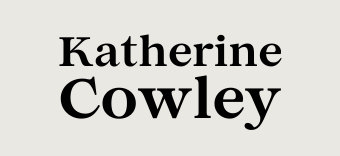
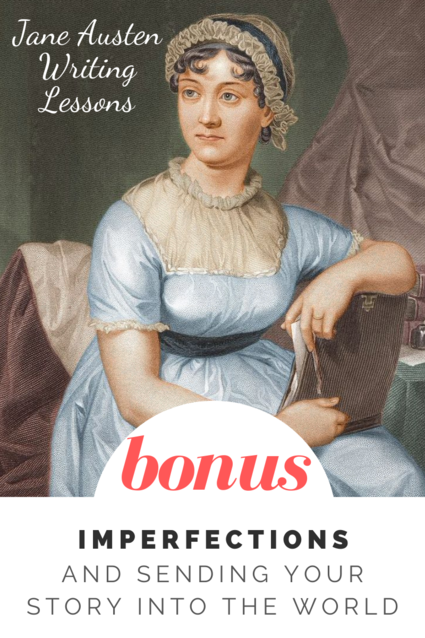
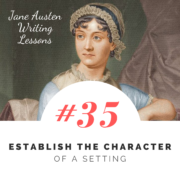
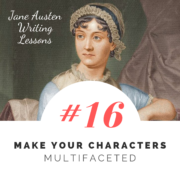
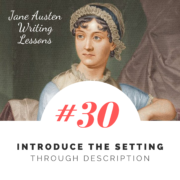
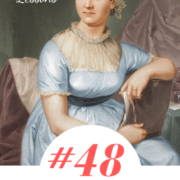
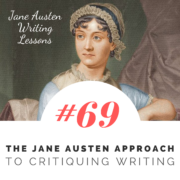
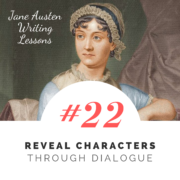
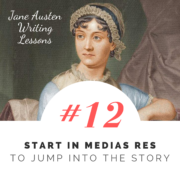
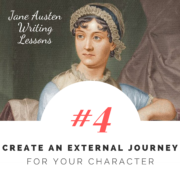


Leave a Reply
Want to join the discussion?Feel free to contribute!